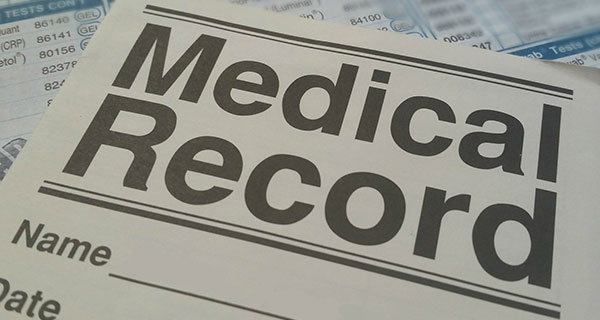 Is anyone surprised to learn that credit reporting agencies, Facebook and retail stores scan many sources and gather your personal information?
Is anyone surprised to learn that credit reporting agencies, Facebook and retail stores scan many sources and gather your personal information?
Although many people have several credit cards, several loans and deal with many retail merchants, the credit reporting agencies have no difficulty aggregating your information, from all sources, to learn all about you. They use the information to estimate your financial health and predict your consumer behaviour.
No firm demands that you to have a single account number, or have all your financial files located in one place or with one institution. Individuals can use a widely available web application to consolidate and display all their financial information.
Clinicians, epidemiologists and other health-care researchers use the same models as commercial organizations to estimate an individual’s biological health and likelihood of future disease. To succeed, they must be able to collect useful health information from multiple sources.
Yet Nova Scotia is spending millions on what seems to be a fool’s errand.
The Nova Scotia Health Authority (NSHA) acts as if unique Nova Scotia software and methods, and a unique patient identifier are essential to collect an individual’s information for use in health care and to study the epidemiology of disease.
Oddly, the developing Nova Scotia solution seems to depend on, and demand, software and methods developed elsewhere, including other countries that rank poorly for health services delivery.
Learning who is healthy or not, who is likely to get sick, and which treatments produce benefit, not harm, is essential for management. Collecting and using meaningful information requires technical knowledge about what information to collect about individuals, their risk factors, their current health and their environment.
None of the public specifications related to the Nova Scotia One Patient One Record project has given any indication of a desire or future ability to efficiently measure the health of individuals and changes in health associated with care, or to routinely study the epidemiology of disease.
Before the next provincial election, Nova Scotians should ask incumbent and aspiring representatives how their parties plan to organize health information systems so citizens and administrators have important information about the health of all those who live in the province. Ask these questions:
- How will the information be organized to help patients participate in their own health care?
- How will the information be organized so citizens and clinicians can identify their personal risk factors and their communities’ risk of particular diseases?
- How many individuals in Nova Scotia are better or worse off after 10 years of health services tinkering?
Health care accounts for about half of the government’s program spending. The answers are important.
Dr. Zitner, Atlantic Institute for Market Studies senior health policy fellow, is a retired family physician who was the founding director of the Dalhousie Graduate Program in Health Informatics.
The views, opinions and positions expressed by columnists and contributors are the author’s alone. They do not inherently or expressly reflect the views, opinions and/or positions of our publication.
